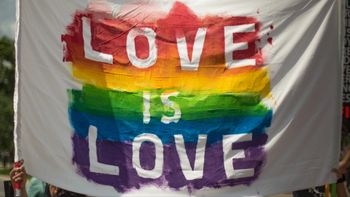It’s not easy being a young person these days. There’s so much pressure to fit in and be like everyone else. Sadly many young LGBTQ+ people experience bullying over their sexuality or gender identity, something that can not only be emotionally distressing in the moment but have a significant impact on their long-term mental health and educational achievement, as well.
The good news is that LGBTQ+ youth no longer have to navigate the burdens of such difficult experiences as isolated and alone. Instead, you will find that there is plenty that you can do to support LGBTQ+ youths that are dealing with bullying, and help them thrive. Keep reading to find out more.

